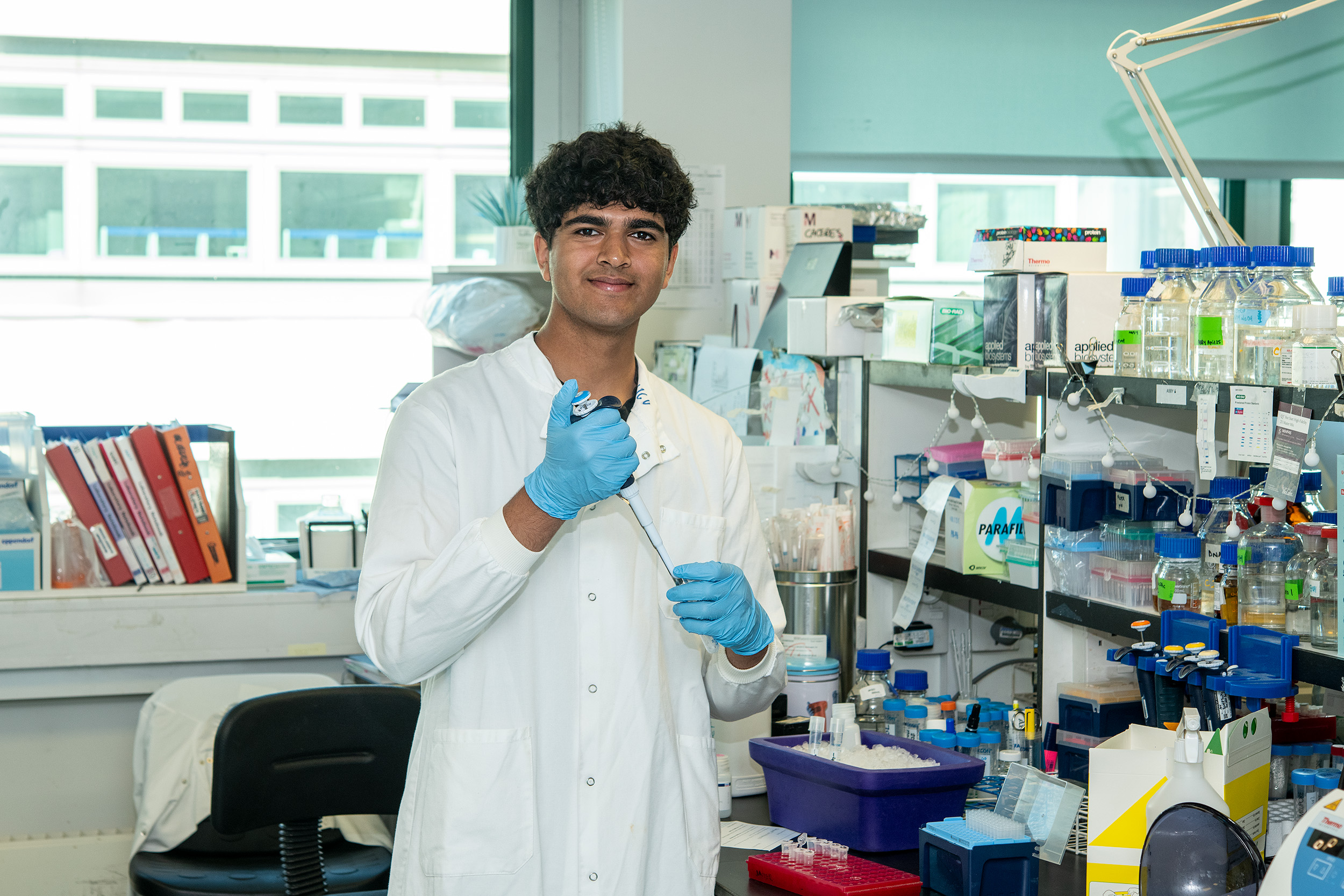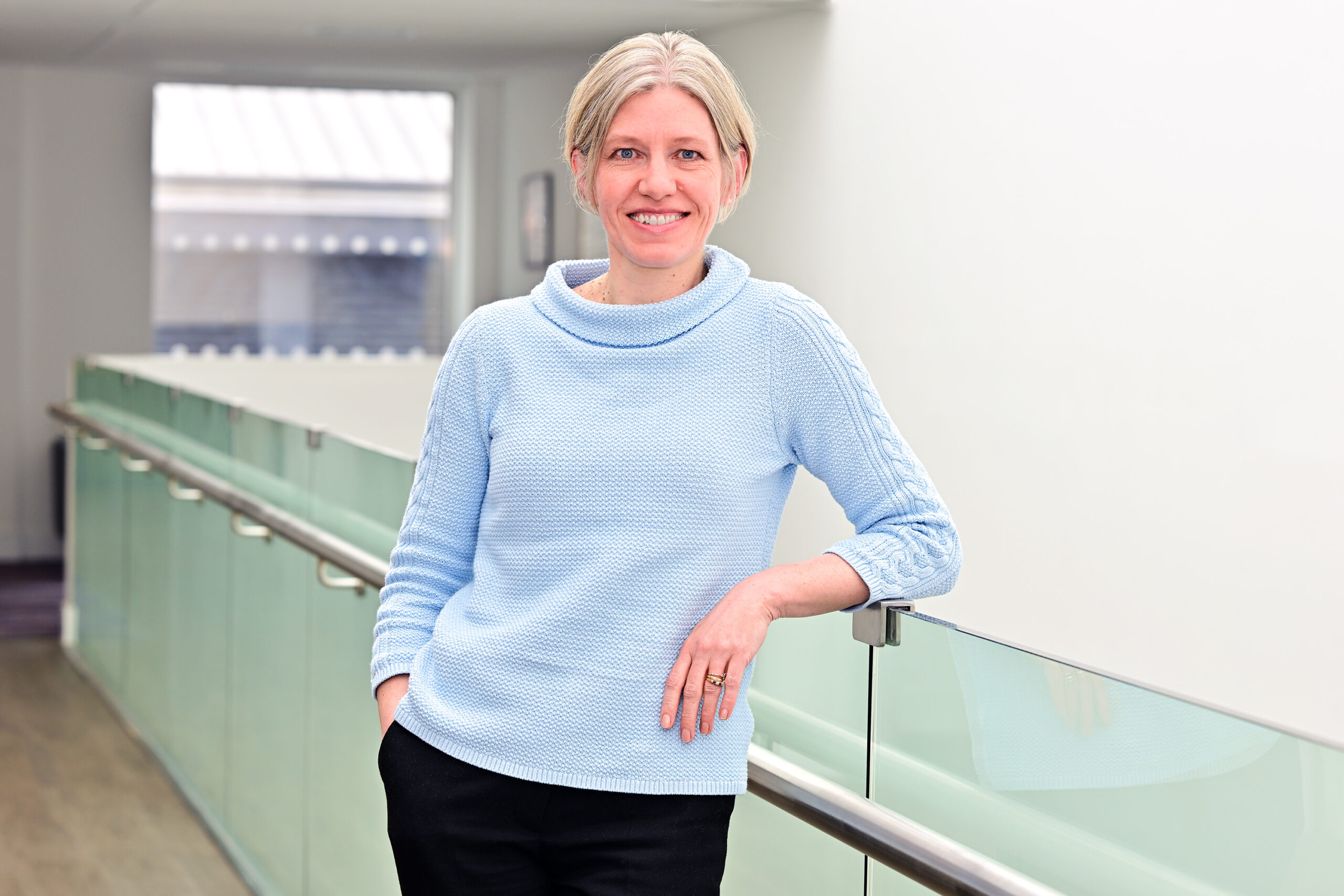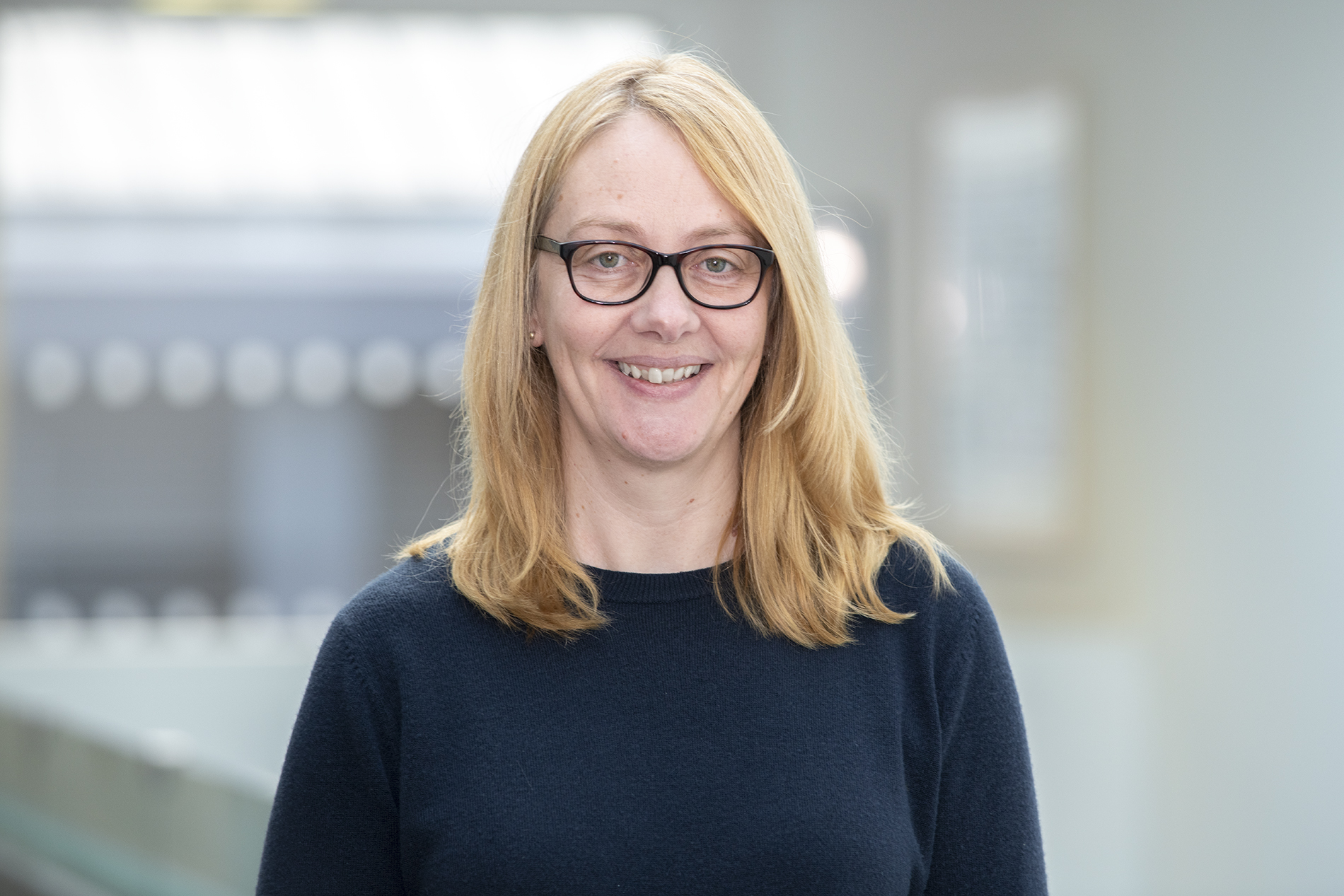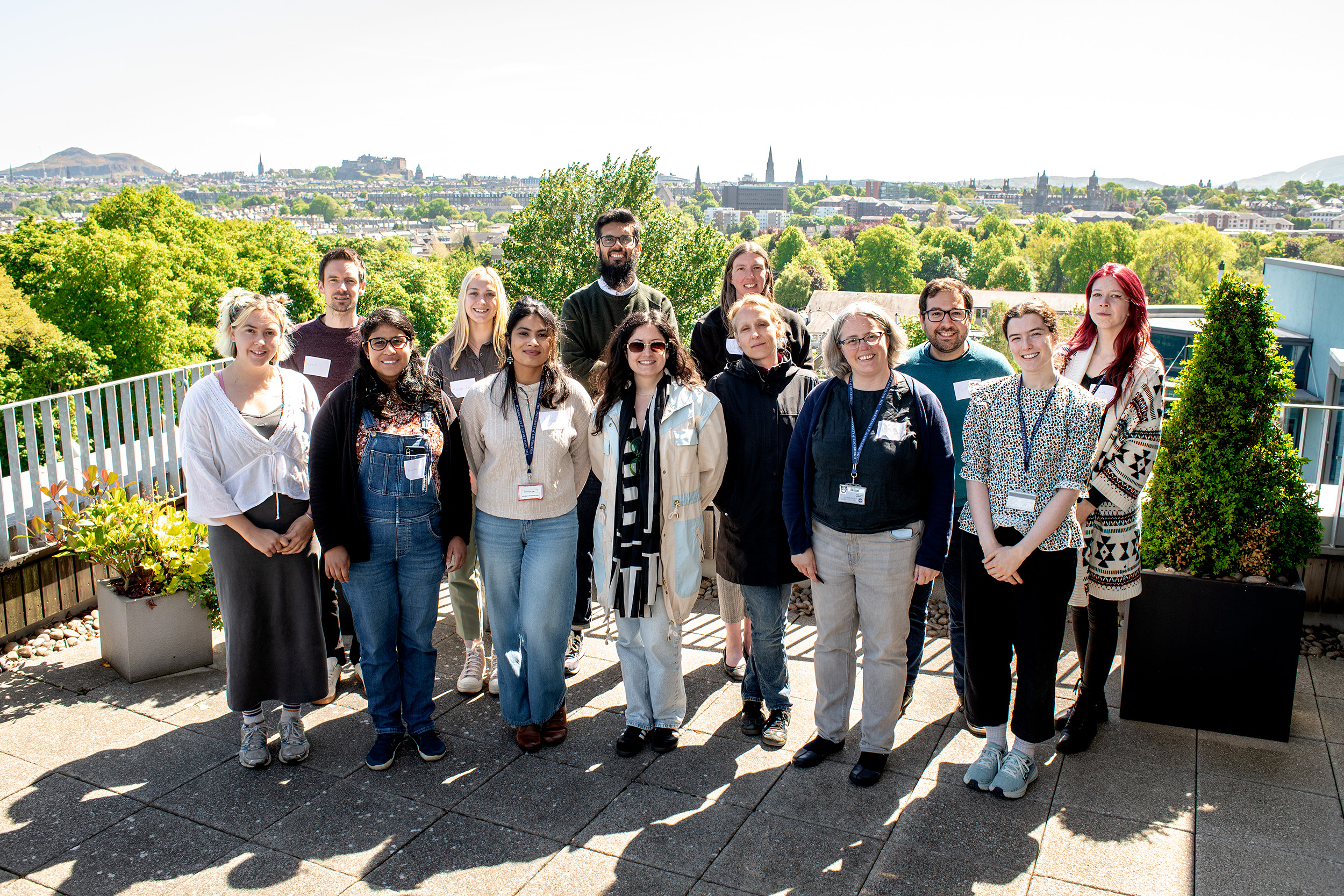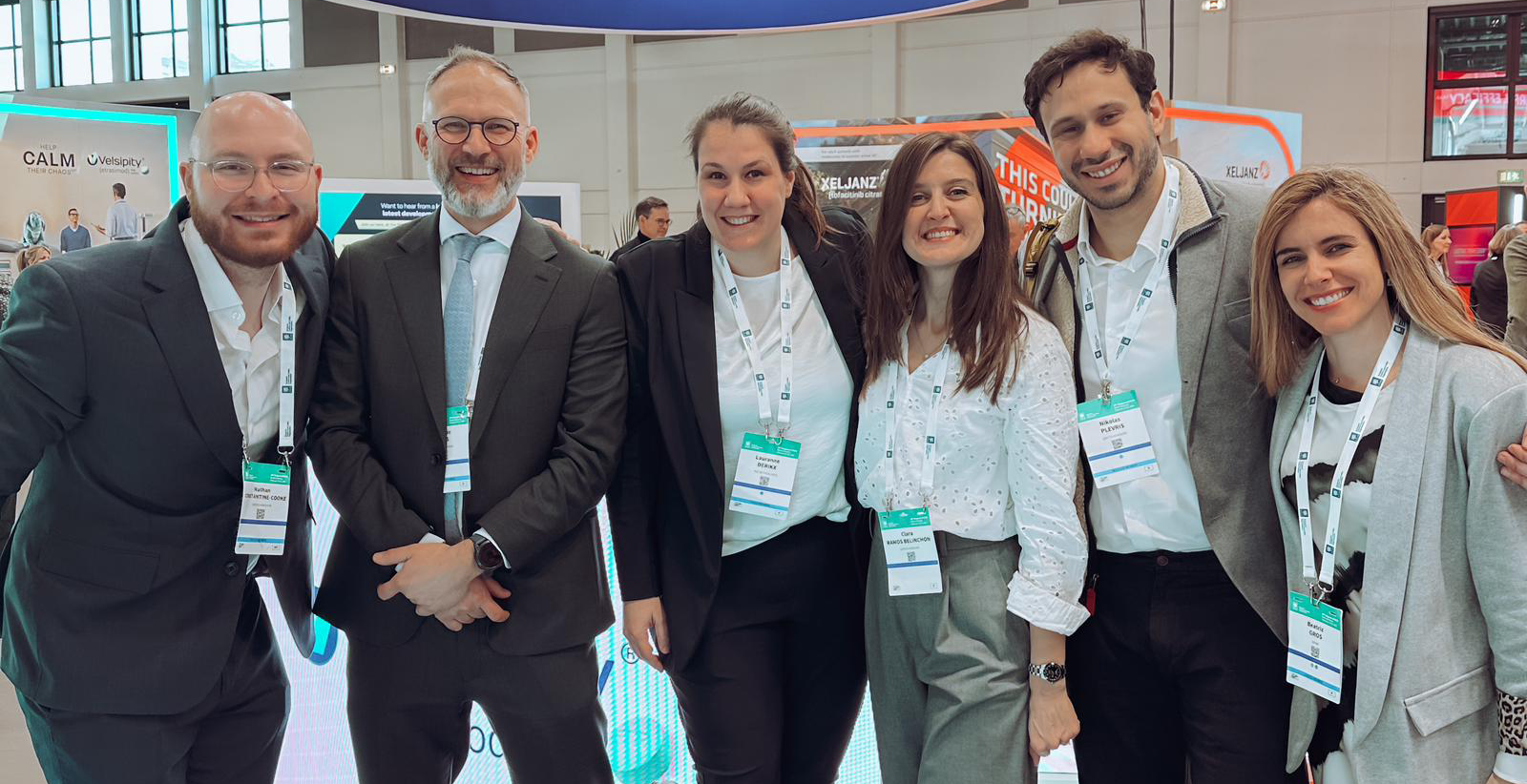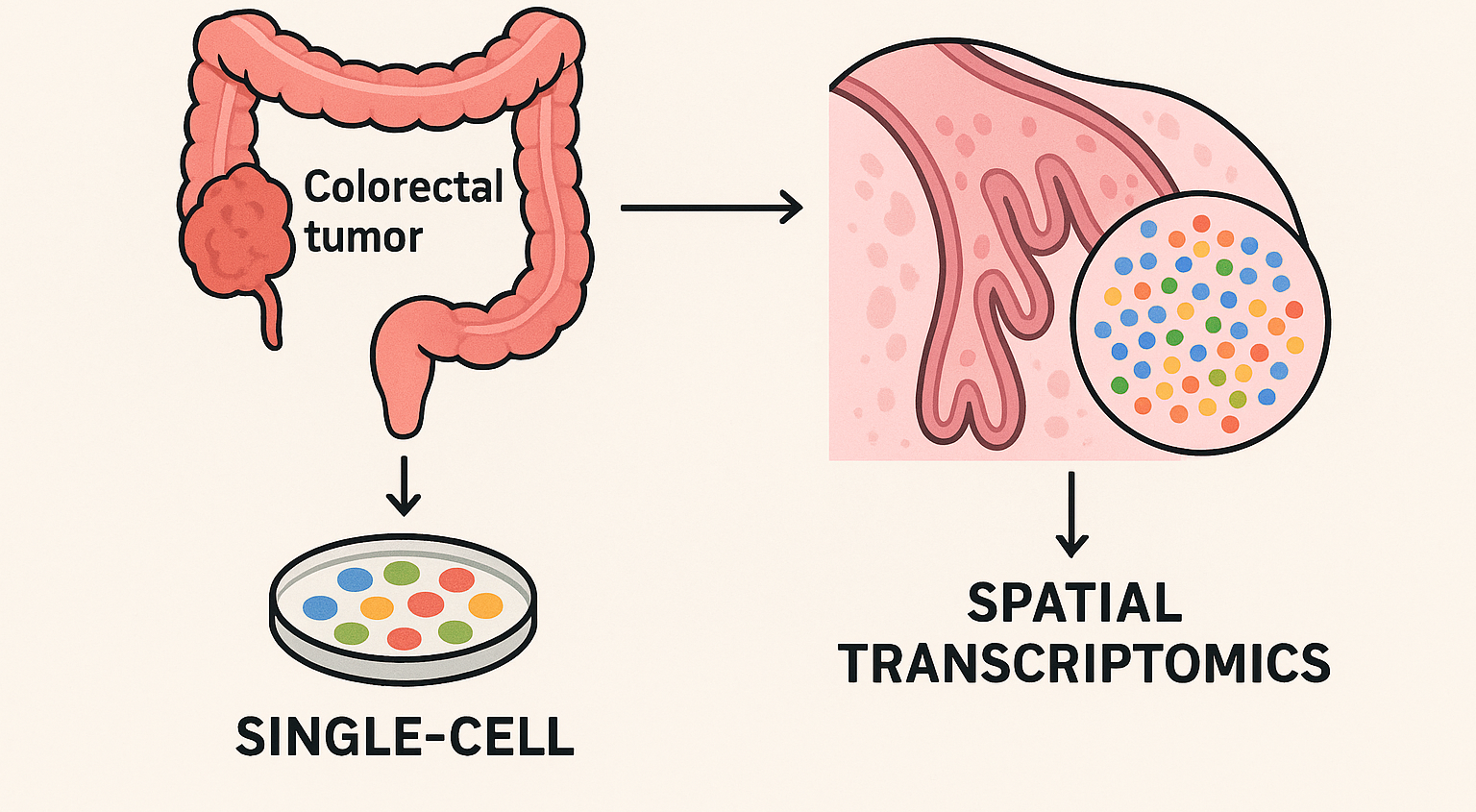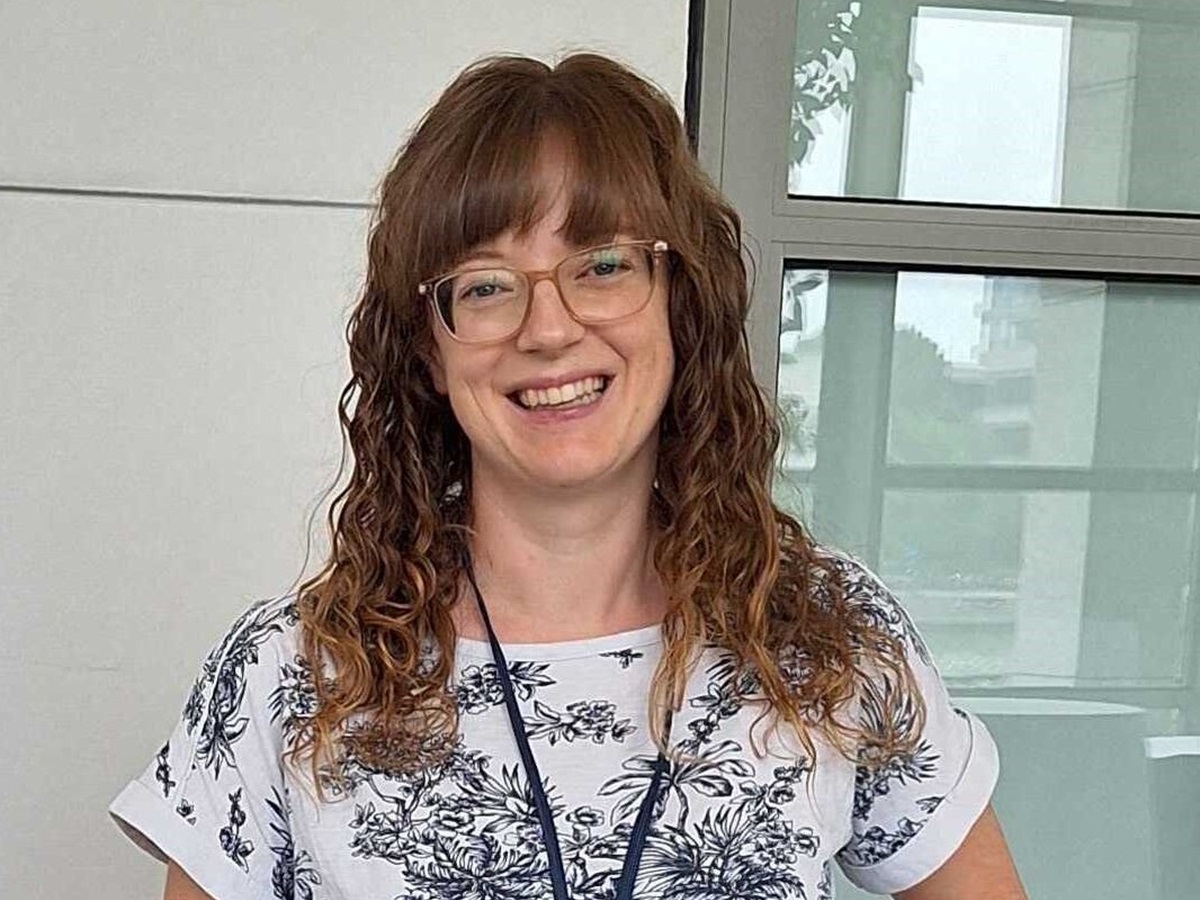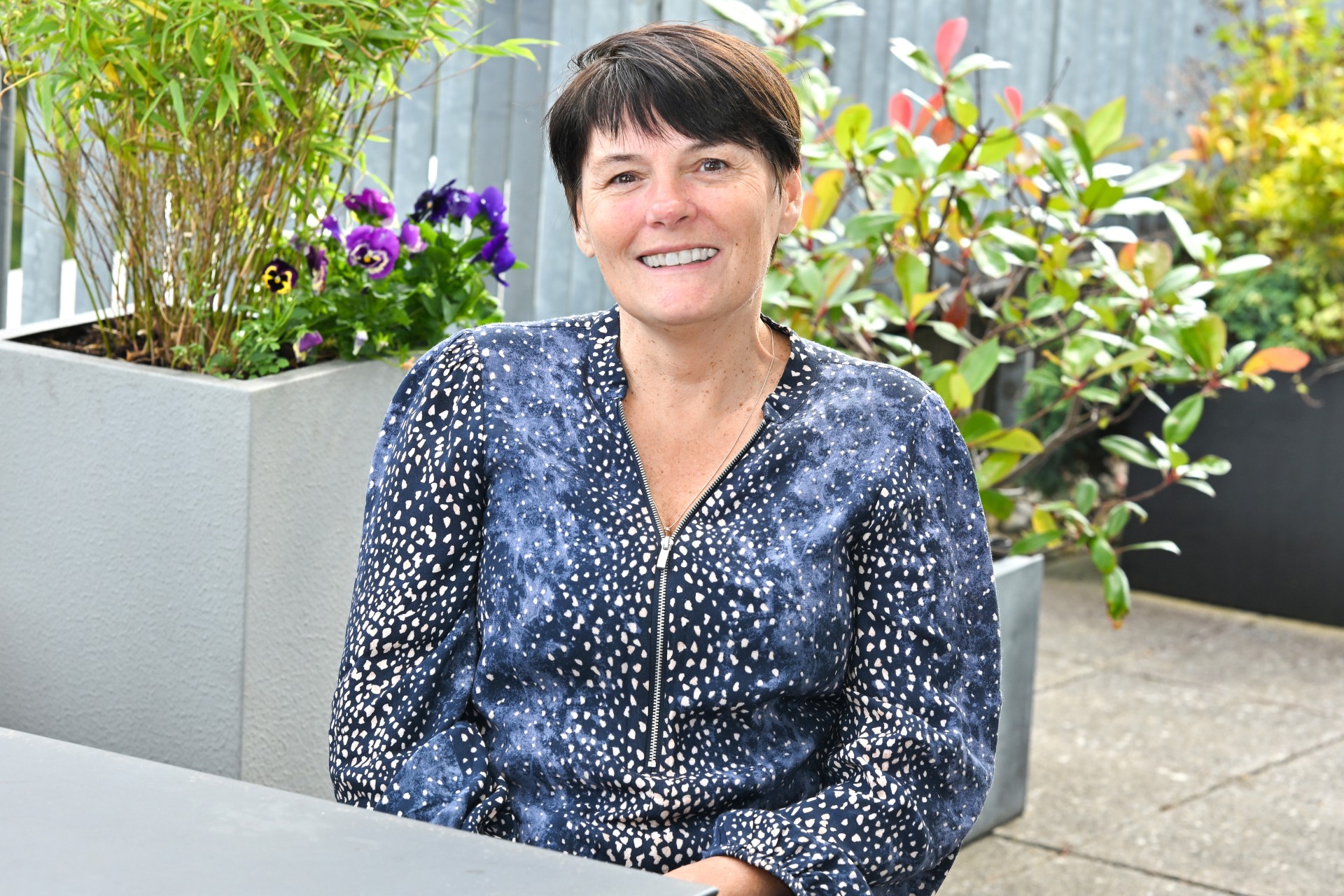Rohit Gopalkaje recently graduated from Boroughmuir High School and is going to study Medicine at the University of Edinburgh. Here he talks about his experience of gaining work experience in a lab at IGC. Gaining a work experience placement I reached out to the IGC to gain hands-on experience of what it is like to […]
By Helen Nickerson, Science and Strategy Manager at the Institute of Genetics and Cancer My existence can be, quite literally, attributed to volunteering. My parents met when my dad was on a Boys’ Brigade rota to drive a minibus of adults with learning difficulties to a social club where my mum volunteered. He quickly volunteered […]
Research Assistant Carlo De Angelis – who returned to the Institute of Genetics and Cancer to work part-time in Hannah Long’s lab after retiring from the University alongside his previous manager Professor Bob Hill – has been involved in volunteering in one way or another for many years. In 1996, when his son was five, […]
By Sara Brown, Grant Chair of Dermatology and Section Head of Genetic and Experimental Medicine at the Institute of Genetics and Cancer Eczema is an itchy, inflammatory skin condition that can affect every aspect of a person’s life, health and wellbeing. But people living with eczema report feeling that their experiences are not well understood and […]
By Andrea Robertson, Lab Manager and Chair of the Sustainability Group at the IGC The UK research and innovation sectors have co-developed a voluntary environmental sustainability concordat with a shared ambition to continue delivering cutting-edge research, but in a more environmentally responsible and sustainable way. As part of this, the Institute of Genetics and Cancer […]
By Ewa Ozga, MRC PhD Student in Human Genetics, Genomics, and Disease The Edinburgh Super-Resolution Imaging Consortium (ESRIC) is an initiative connecting state-of-art imaging facilities staffed by an exceptional team which works towards advancing microscopy techniques and sharing knowledge and resources. The consortium is a collaboration between the University of Edinburgh’s Advanced Imaging Resource at […]
By Nathan Constantine-Cooke, Postdoctoral Research Associate at the Institute of Genetics and Cancer This World IBD Day, I am reflecting on being both a person living with inflammatory bowel disease (IBD) and a researcher aiming to improve our understanding of these conditions. Around my 18th birthday, I began experiencing symptoms of ulcerative colitis, which alongside Crohn’s disease […]
Hi, my name is Yujia and I am a first year PhD student in Kevin Myant’s lab studying cell plasticity in bowel cancer and metastasis. Inspired by the initiatives of charities like Bowel Cancer UK during Bowel Cancer Awareness Month, I would like to share our current research and its importance in understanding the disease […]
By Emma Hall, Research Fellow at IGC How we communicate our science is rapidly evolving. With the recent launch of openRxiv, a new non-profit home for preprint servers bioRxiv and medRxiv, the IGC Research Culture Group is thrilled to host co-founder Richard Sever at the IGC on Friday 28 March at 11am. Marking the next chapter […]
By Professor Lesley Stark, Personal Chair of Nucleolar Signalling and Cancer Prevention at IGC Prevention is better than cure is certainly the case for cancer, and especially colorectal cancer. My journey into the prevention of colorectal cancer started in 1997 as a young postdoctoral scientist, under the wing of Malcolm Dunlop. The pathway I was […]


